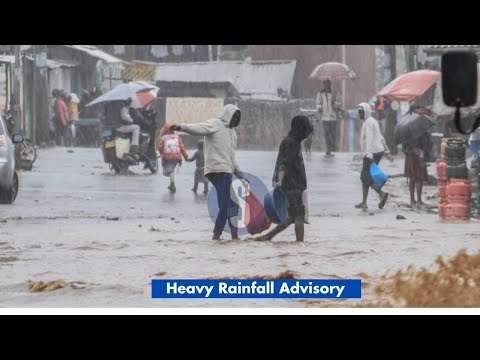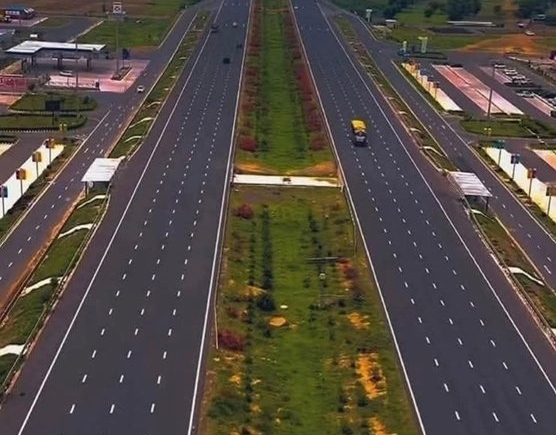Coffee farmers in Kirinyaga County are now eyeing a bigger share of the global export market as reforms in the industry continue to bear fruits.
The Kirinyaga County Cooperative Union Limited (KCUUL) is banking on partnership with buyers to push more volumes, amid increased production by farmers with coffee from the region fetching high prices due to superior quality.
According to the cooperative chairman Geoffrey Kinyua, continued support to farmers through revolving funds, which enable them to access farm inputs such as fertiliser and working capital, is expected to drive production.
“In every cooperative, we have improved on the quality of seedlings and overall products that we offer in the market. There is increased demand for coffee from Kirinyaga due to the high quality of coffee which we are banking on to increase our exports,” Kinyua said during an interview in Nairobi.
The government-led reforms in the sector have also been critical in supporting farmers, he noted, which includes timely payment.
This is under the Co-operative Bank’s Direct Settlement System (DSS) technology platform, on which coffee trading is now being conducted.
As part of reforms, Co-op Bank was appointed by the Nairobi Coffee Exchange to provide the settlement system, which has addressed delays in payments, ensuring farmers get their dues on time.
Coop Bank was picked as the DSS service provider following a competitive bidding process that had nine financial institutions submit their bids.
“We have received a lot of support and we are happy with the reforms which have enabled us to process our coffee before taking it to the market,” Kinyua said, “Direct access to the NCE and prompt payment through the DSS has been critical to us.”
According to market data, Kirinyaga county coffee farmers are leading in certified coffee being offered for sale through the NCE ,with farmers in the county adhering to Good Agricultural Practices which has seen them earn premium prices in the European Union and US markets.
Meanwhile, coffee farmers in Kenya have been urged to ensure they comply with the European Union Deforestation Regulation to evade being locked out of the leading export market for the country’s coffee.
Starting January 1, 2025, coffee exports will not access the European market if the exporting country cannot prove that the coffee has not been grown in a recently deforested area.
“There is an increasing level of regulation such as the European Union Deforestation Regulation where farmers, producers or exporters have to prove that the coffee was not grown in recently deforested areas. Kenya needs to comply on this to ensure continuity in trade,” said Marten Sievers, Regional Managing Director of NKG East Africa Company of the Germany-headquartered Neuman Kaffee Group.
He also called for more support to farmers to ensure they get high-quality seedlings, access to working capital, and reduced production costs to make their products competitive in the international market.






![[PHOTOS] Council of Governors visits Raila's grave](/_next/image?url=https%3A%2F%2Fcdn.radioafrica.digital%2Fimage%2F2025%2F10%2F59c8111a-6f0d-4719-8587-7e965c4bdd34.jpg&w=3840&q=100)





